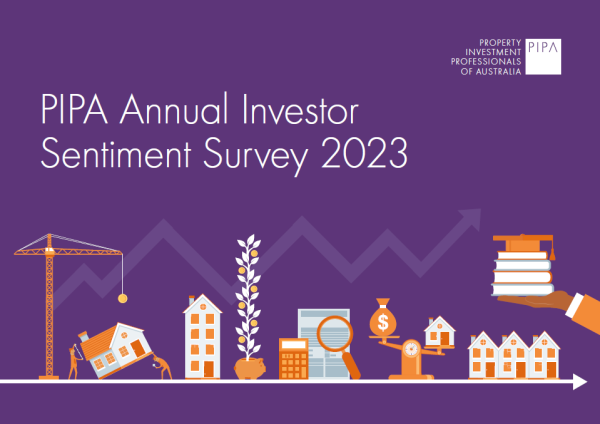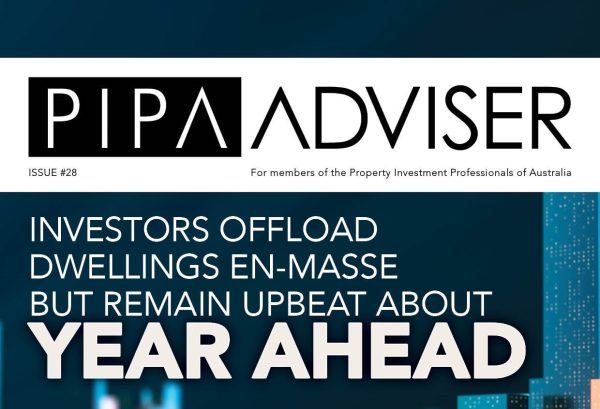The new FOMO: Fear of moving on during a property boom and how to handle it
Mar 2021Karen Millers
Categories
Location ReportsMedia releasesNational market updatesPersonal advisersPIPA AdviserPIPA Annual Investor Sentiment SurveysPIPA Member ProfilesPIPA video updatesPIPA webinarsPodcastsProperty advisersProperty newsLatest Articles
Rent rises ease but crisis’ link to population density found to be tenuous
Jordan van den Berg: The ‘Robin Hood’ TikToker taking on Australian landlords
Victorian property investors face yet another new property tax as council tests levy
Rentvesting in Australia: A deep dive
‘More chance of winning lotto’ than housing targets being met
The new FOMO – fear of moving on – is rapidly emerging as a driving force behind property price surges, with potential sellers frozen overselling at market peak but also having to then buy high too.
BuyersBuyers co-founder Pete Wargent said many parts of the housing market had “exceptionally low levels of stock” which meant that while your own home value was rising, “so too is the likely value of the property you plan to upgrade to next”.
“In the suburban home market, there’s a clear risk that prices might gap higher in the first half of this year. Eventually, the frenzied activity will slow as more supply comes on to the market, but it could take some time for things to calm down, and prices will probably rise in the meantime.”
Sarah Megginson, senior editor of home loans at Finder said it was a common concern for sellers “especially in a market that’s heating up”.“If you sell your home prior to finding another one, that’s going to add a lot of pressure as you’re on a deadline.”
Chairman of the Property Investment Professionals of Australia, Peter Koulizos, said “sellers are right to think that if they sell in a hot market and then buy in the same hot market, there is no financial advantage”.
But he said waiting might not be the answer either: “Sellers might be disadvantaged if they sell first, leave it for a few months, property prices increase substantially and then try to buy into an even more expensive market”.
Eddie Dilleen of Dilleen Property said with a massive stock shortage of housing, anyone selling one property to buy another could buy time by delaying settlement for the one they sell. “Instead of 30 days make it 60 or 90 days so should they enter into a contract of sale they have adequate time to find another property before the sale of theirs go through. Or even make it subject to sale of other property in the special terms & conditions.”
Mr Wargent said, “a lot of it is about being well organised in terms of financing the move and researching the market before making a move to sell”.
Mr Koulizos added that a seller’s market was not the time to put a low ball offer in for properties. “When you put a bid or offer in, make sure it is attractive, for example, there should be no or limited conditions and the money you offer is around the true market value rather than placing lowball offers.”
Sophie Foster, realestate.com.au, 4 March 2021
https://www.realestate.com.au/news/the-new-fomo-fear-of-moving-on-during-a-property-boom-and-how-to-handle-it/




